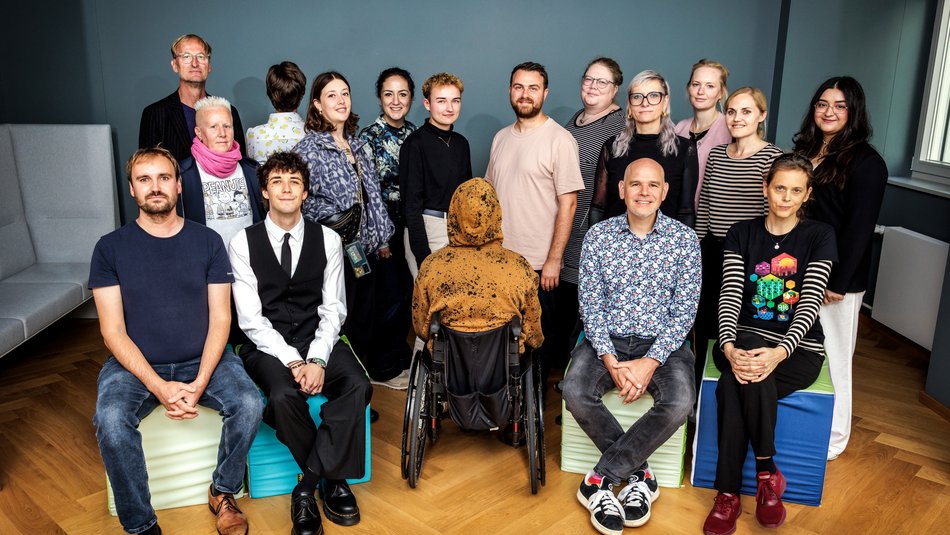
The Survivors’ Board at UBSKM ensures that the diverse perspectives of survivors of sexual violence suffered during childhood and adolescence are effectively incorporated into political processes.
The selection process for the 2025-2030 survivors’ board has now been completed. The constituent meeting of the new body will take place in September. Further information will follow shortly. It is important to us to first give the newly appointed members space to get to know each other well and to start their joint work in a spirit of trust.
We look forward to working with the new survivor advocates and would like to thank everyone who expressed interest and applied to join.
With over 800 applications, the level of interest was impressive. We greatly appreciate the trust that was placed in us with each and every application.
What is the Survivors’ Board?
The Survivors’ Board is a voluntary, political advisory body attached to the UBSKM office. It was established in 2015 to enable survivors of sexual violence suffered during childhood and adolescence to contribute their experiential knowledge and expertise to political processes, professional circles, and public discourse.
The Survivors’ Board stands for empowerment, strengthening participation structures for survivors, and processes of change in how society deals with sexual violence.
The Survivors’ Board consists of 18 members and is appointed for a term of five years.
On August 1, 2025, the 18 members of the Survivors’ Board 2025-2030 were appointed by Kerstin Claus, the Independent Federal Commissioner Against Child Sexual Abuse.
Children and adolescents have the right to grow up free of violence. It is a public responsibility to protect children everywhere from sexualised violence, to recognise the signs at an early stage and to take appropriate counter and protective measures.
Contact
Being a political body, the Survivors’ Board tries to include the concerns of as many survivors as possible in its work. This requires feedback from those who experienced sexual violence as children or adolescents. You are welcome to get in touch via e-mail at: kontakt@betroffenenrat-ubskm.de.
The survivors’ board works voluntarily and primarily politically, so that no individual or psychological advice or personal forms of support can be provided by the survivors’ board for specific life situations. Please refer to the Sexual Abuse Help portal for this type of support.
Press enquiries can be sent to: presse@betroffenenrat-ubskm.de

